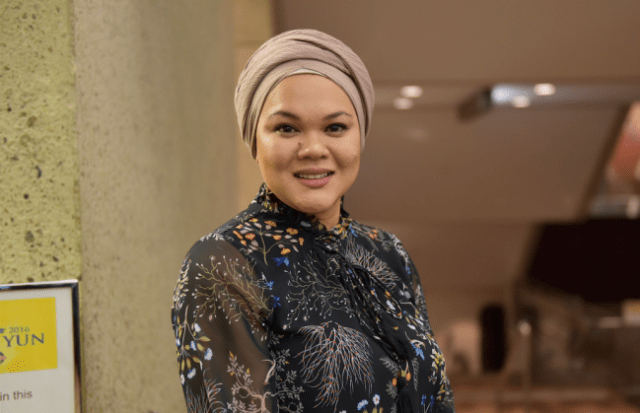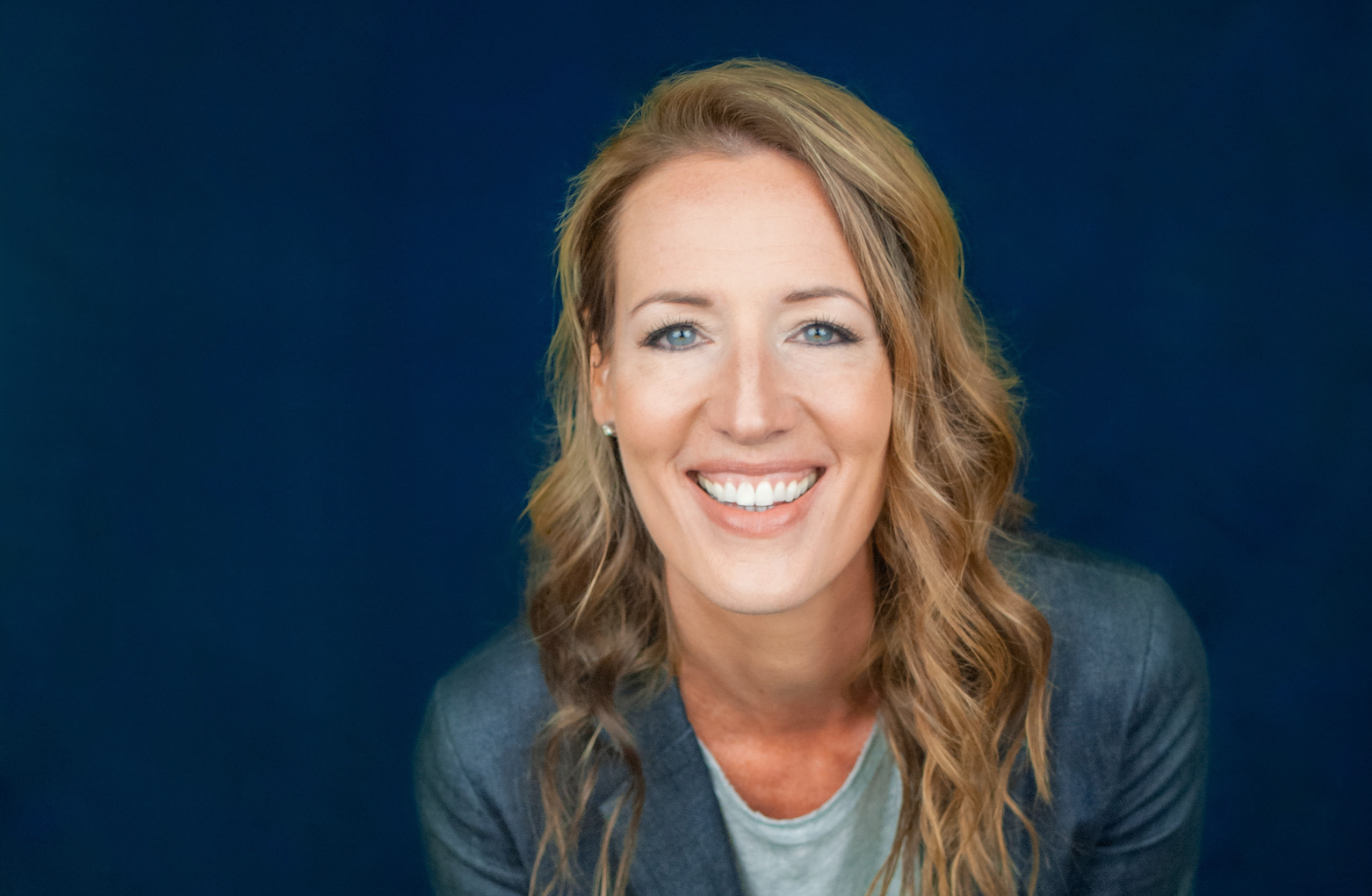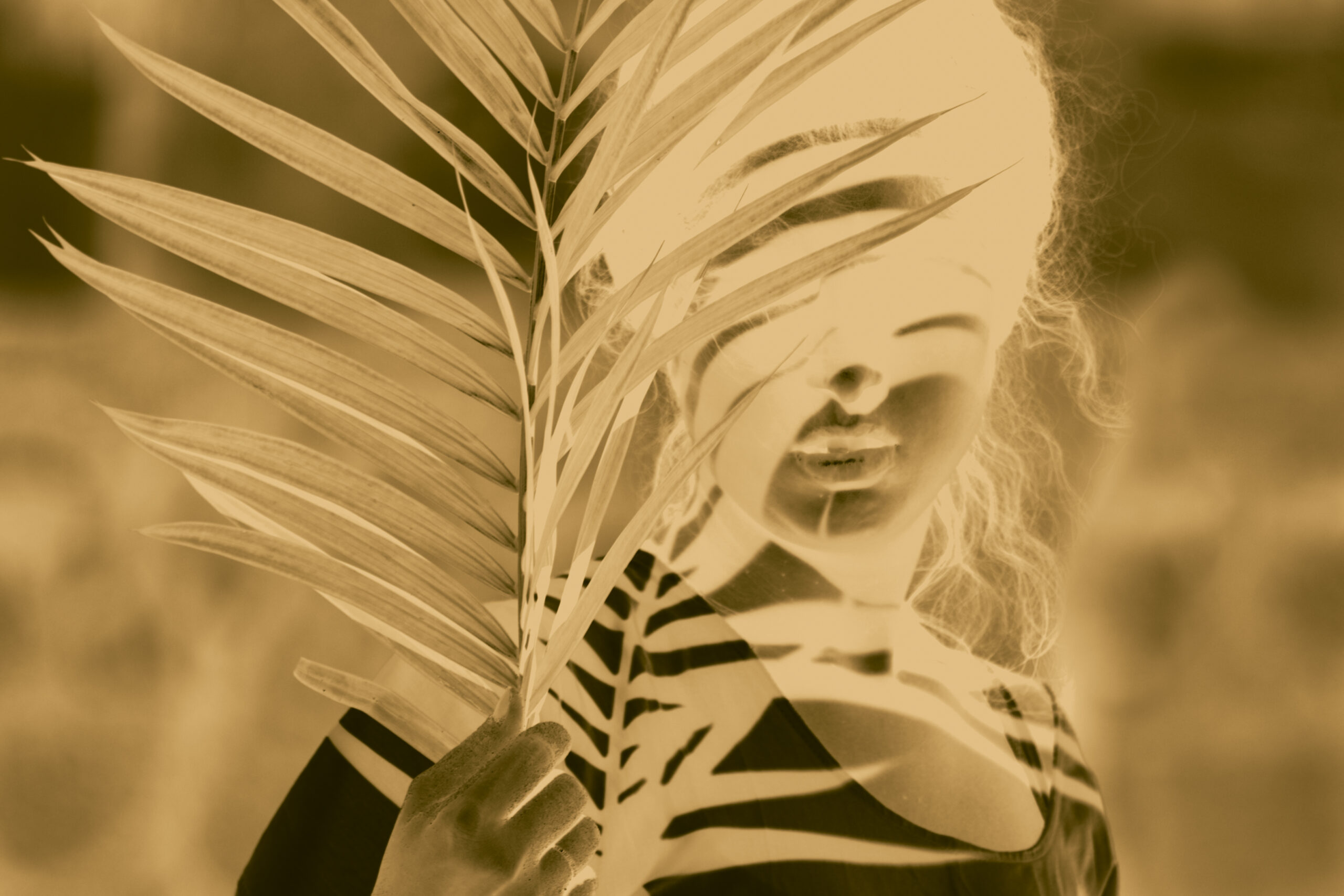
This is a conversation we have been planning to share with our readers for a while, but we needed to find the best person to have it with. Given that it is an election year in the US, and there is so much heightened fear around the world because of the rising power of ISIS in Syria and neighboring countries, the influx of Syrian refugees into Europe, and the staunch anti-immigrant rhetoric coming from certain conservative politicians (most notably Donald Trump who wants to ban all Muslims from entering the United States), we recognize what a delicate and complex situation it can be.
Within this framework, given that we are a site focused on women’s voices and issues presented in an empowering way, we wanted to find a way to discuss being a Muslim woman in today’s world with a woman who can speak from an intelligent, compassionate and compelling perspective.
That woman, is Dr. Nora Amath. Based in Brisbane, Australia, Nora is part of a couple of Muslim organizations which seek to engage the community around them in dialog about the faith, championing the cause of human rights, and change the damaging narrative often seek in mainstream media about Muslims and Islam. She is also a mother, a speaker, and a woman who has lived in many different cultures and countries. Our conversation with Nora was so awesome we decided to present it in 2 parts.
Norah talked about feminism, her advice on having a meaningful interfaith dialog (and when to walk away!), and her experience being a Muslim in the wake of terrorist attacks around the world. It wasn’t a conversation about politics, it was about fostering understanding. In part 1 Nora talks about her upbringing, living through the aftermath of the September 11 terrorist attacks as a Muslim woman, and the most incredible aspect of her work – partnering up with a male Christian author to talk about their faith in their community!

Tell us about your background and where you got to where you are today?
Before the age of 5 I had lived in 5 different countries. I am a Cham (an indigenous people) born in Vietnam. As a consequence of the Vietnam War in the 70s, my parents and I became refugees. We fled to Cambodia where my mother’s family lived to seek safe shelter for a few months, then made our way by foot through the jungles of Cambodia. After a harrowing trek, we finally arrived in Thailand and made our way to the refugee camps. There we applied for political asylum, and we were successful to 3 countries: the United States, Australia and Malaysia. My parents chose the US.
I did all of my primary and secondary schooling in the US and decided to embark on my tertiary studies overseas. As I was growing in my faith journey I decided to study at the International Islamic University Malaysia. I met my husband, a 5th generation Australian, and after graduation, we decided to settle in his home city.
When we arrived in Australia with our 6-week-old baby, our focus was on raising our family and continuing our education by enrolling in postgraduate studies. By the time we had finished our Masters, we had 2 young children. It was at this time that we thought it was time to settle into our own home. I was too busy studying, then working at University and raising young children to involve myself in any sort of activism and honestly, I never felt a profound need to do so.
Before 9/11 I was simply a person who has had the fortune of living in 7 different countries; accordingly, my identity strongly reflected a cosmopolitan citizenship. My religion, though visible, was not my sole identification marker. Then 9/11 happened and forcefully, my identity was reduced to the “Muslim”, the “other”, the “the potential threat”, “the evil one (as in the Axis of Evil)” etc. 9/11 propelled me into the public space as an advocate for meaningful interfaith engagement.

What is your role at the Islamic Relief Australia organization and AMARAH?
I am on the Board of Directors of Islamic Relief Australia and I hold the position of secretary. Islamic Relief Australia is a young addition to the Islamic Relief Worldwide (IRW) organization, based in the UK. IRW is over 30 years old and is the largest Muslim humanitarian aid and relief agency in the world. “Islamic Relief envisages a caring world where communities are empowered, social obligations are fulfilled and people respond as one to the suffering of others.”
I am the co-founder and current chairperson of AMARAH which stands for Australian Muslim Advocates for the Rights of All Humanity. AMARAH focuses its work on 5 areas: human rights, civil rights, social reform, environmental responsibility and inter-community relations. I am the face as well as the spokesperson for the organization, frequently speaking on issues related to Islam and Muslim.
AMARAH is a dream come true. I had been involved with a number of different NGOs before starting AMARAH and when I met a group of enthusiastic young people, I realized it was time to start my own organization which encompassed all the different issues I was passionate about. With a group of 13 young people in 2006, AMARAH was conceived.

After Sept 11, 2001, fueled by the media there were a lot of anti-Muslim sentiments being shared among people, mostly out of fear. How did you respond to this back then?
To give you the full picture of my post-9/11 activism, I need to start a bit earlier. This story really needs to start in April 2001 in a small suburb called Capalaba (just outside of Brisbane). My husband and I moved into our new home, which we had just built with our two young children. During the building process we would visit our home site every few days and got to meet our new neighbors. During one of those conversations, the topic of fences came up and we decided that since we all had young children, we wouldn’t put fences up.
We would let the children jump from yard to yard, house to house freely. While the kids were playing with one another, the adults were socializing. There was a beautiful kindred spirit of hospitality, care and responsibility for one another. It didn’t matter to my neighbors that we were devout Muslims. And it didn’t to me or my family that they were Catholics, Anglican or Greek Orthodox.
Then September 11 happened. My husband and I were getting ready for work and we had turned on the TV to catch the morning news. And we saw the images- the images of the towers burning and then collapsing. We have never forgotten those images- how could we? They were played over and over, 24 hours a day, 7 days a week. I believe the images will always be seared into my memory.
I turned to my husband that morning and said: “the fences are going to go up now”. There was no way our relationship with our neighbors of just 5 months could withstand such horror. But the fences did not go up. I thought I’d give it a few weeks, when everything has sunk in and when they realize that our 2.5 year old son has the same name as the most wanted man at that time, Usama.

But the fences did not go up. And the other children did not stop playing with my son. And in fact our neighbors were our greatest supporters and defenders against bigotry and would proclaim to family, friends and colleagues that they felt no fear from us as Muslims. That Muslims should not be tarred with the same brush as those who committed horrific acts against humanity. Did the fences go up at all? Yes, they did, but only after my family and I moved away.
I was so inspired by my experience with my neighbors that I decided to embark on a one-woman campaign to share my faith with anyone and everyone who wanted to know about Islam. If all it took was for people to understand how Islam beautifully informs the way I live my life in the most gracious and compassionate way possible, then people would have no need to fear. Boy was I naïve. Yes, there were some glorious moments of understanding, openness and embrace but there were more moments of narrow-mindedness, ugliness and “othering”. And many of those very bad moments came from Christians.
In the wake of the Paris attacks (as well as many others around Europe) and the Syrian refugee crisis heightening the discussion around Islam, how do you and your organization seek to open dialog to squash fears and spread information?
We seek every opportunity to engage, whether it’s a small coffee meet-up with a few people or a more formal luncheon, or even as part of a church service. For us it’s all about the connection. While the information imparted is important, sometimes we find that the connection is even more powerful. We seek to connect people, and we ask people to embrace each other as a result of these connections. The embrace we talk about is Miroslav Volf’s idea of the embrace: “In an embrace I close my arms around the other- not tightly, so as to crush her, or assimilate her forcefully into myself; but gently, so as to tell her that I do not want to be without her in her otherness.”

One of the interesting things about your work is how you have partnered with Dave Andrews, a Christian author, speak and interfaith expert. How has working with him changed your perspective on the need for more interfaith dialog?
Well for over 5 years, I persevered with my one-woman road show but in July 2007 I told myself no more. I couldn’t subject myself to anymore bigotry. So when I was asked by a Brisbane City Council community development officer to work on an interfaith project with Dave, I said no. Because her exact words to me were, “You will love him- he is a devout Christian.” All I thought of was, “oh no, he definitely wants to convert me to Christianity and bash Islam!”. She implored me to at least meet him once before making up my mind.
So I met Dave and I knew that this was going to be different because he was truly seeking a partner who wanted to journey towards peace. I immediately sensed that he didn’t have evangelist motives. It was the way I felt heard, my presence and my faith story validated. Our very first project together was a celebration for the ending of the fasting month of Ramadan, at the local Uniting Church, West End a few months later. Since, then we haven’t stopped.
We started our working relationship on common ground, what we have in common and used that as a place to build respect and trust, to be able to launch into difficult topics such as the theological understanding of Jesus and, of course, jihad. So it is only natural that after 8 years of discussions that Dave would reflect on both these topics and appropriately titled the reflections: The Jihad of Jesus.
=====================================================
Stay tuned for Part 2 of our conversation with Dr. Nora Amath, and her hear talk to an audience in Brisbane, Australia, about her post 9/11 experience in the video below:
















